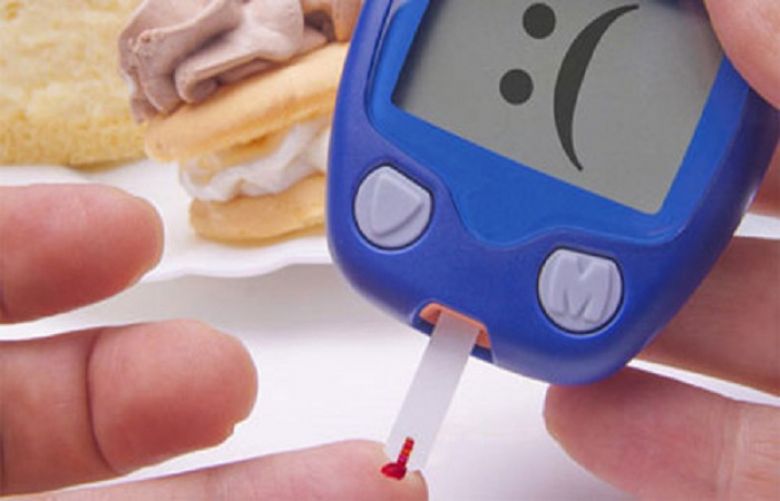The dietary patterns are completely different during Ramadan, which is why diabetics and pre-diabetics need to be extra careful in planning a balanced diet.
For people with diabetes, instead of taking 5-6 meals, it is reduced to 2 or 3 meals in 24 hours. During Ramadan, the gap between meals ranges from 12 to 15 hours, which can be a problem since diabetics are advised to have regular and timely meals. So the first step for a diabetic patient before fasting should be to consult his or her clinicians along with dietician who will be able to guide properly whether it is safe to fast. Fasting results in metabolic changes and hence it is important to adjust the diabetes management plan. Patients with Type 1 diabetes who have a history of recurrent hypoglycaemia are at a higher risk if they fast. Hypoglycaemia and hyperglycaemia may also occur in patients with Type 2 diabetes but less frequently and with less severe consequences as compared to patients with Type 1 diabetes. Hypoglycaemia is a result of a sudden fall in blood sugar levels causing seizures and unconsciousness. Hyperglycaemia is the result of an inordinate increase in blood sugar levels causing blurry vision, headaches, increased fatigue and thirst.
Good blood sugar control can be accomplished by people with diabetes by maintaining appropriate diets. It is suggested that during Ramadan similar general dietary guidelines should be followed as those throughout the year.
The sehri meal should be taken as late as possible, and include foods that are rich in complex carbohydrates, such as whole grain bread or vegetables, oats, brown rice and fruits with skin. Complex carbohydrates take more time to digest, absorb and ingest, keeping the body fuelled for more hours throughout the fasting day.
The traditional sugar drinks and foods rich in fat taken at iftar should be avoided. Starting the meal with a small amount of food that is rich in simple carbohydrates and can be absorbed quickly by the body --such as sugar-free and decaffeinated drinks, dates or milk-- is recommended to avoid dehydration.
Iftar should contain whole wheat flour chapatis, vegetables and a meat dish. Salads increase the fibre intake. Chickpeas and haleem are two good items for diabetic patient as both of these are rich in fibre. Avoid deep fried foods such as parata, puri, samosa and pakoras. A glass of milk or fruit at bedtime will maintain normoglycaemia till sehri.
Frequent monitoring of blood sugar level is key to safe fasting for diabetics, even though it is tough for patients to monitor their blood sugar level multiple times through the day.
Do not sleep soon after dinner; allow an interval of 2 hours. Avoid complex carbs right before bedtime. One of the main reasons behind Ramadan fasting is to learn to curb our desires and tune in to Allah and pay attention to the body's signals and understand hunger-- so do not overeat.

